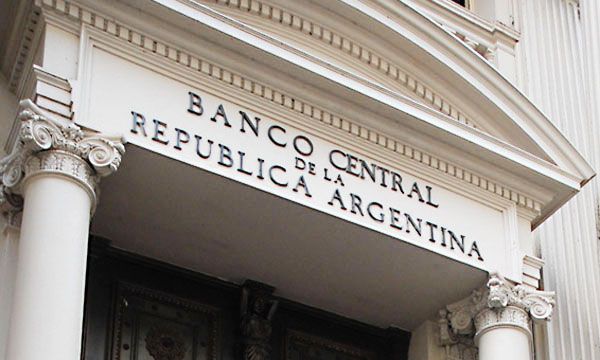BUENOS AIRES: Argentina’s central bank yanked its benchmark interest rate up to a dizzying 60 per cent on Thursday in a bid to control rampant inflation as the country’s currency plummeted 15.8 per cent to a record low 40.5 pesos per U.S. dollar.
Latin America’s third-biggest economy is expected to shrink this year, while already-scarce credit has been choked off by increasingly onerous borrowing costs. The central bank raised the rate from 45 percent to combat 12-month inflation running at 31 percent through July.
The moves came a day after the International Monetary Fund (IMF) called for the government to institute stronger monetary and fiscal policies in response to the meltdown of the peso. The currency has lost 53.95 percent of its value so far this year, making it the world’s worst performing.
Despite signing a $50 billion standby financing deal with the IMF earlier this year, President Mauricio Macri is struggling to convince markets that he can spur economic growth while cutting fiscal deficits and combating inflation.
“It looks likely that the economy is heading for a hard landing recession over the next 12 months,” said Paul Greer, a portfolio manager at the Fidelity Emerging Market Debt Fund.
Shares of Argentine export companies that get paid in dollars and benefit from a weak peso drove the local Merval stock index 6 percent higher. But the average yield spread of Argentine sovereign dollar bonds over safe-haven U.S. Treasuries jumped to levels not seen since January 2015.
Macri’s cabinet chief, Marcos Pena, told reporters on Thursday the government would “find ways to hasten the fiscal tightening process.”
Argentina has already agreed with the IMF to cut its fiscal deficit from 3.7 percent of gross domestic product last year to 2.7 percent in 2018 and 1.3 percent in 2019.
Government spending reductions face opposition from Argentines reeling from cuts in public utility subsidies, a move that has pushed home heating, electricity and water bills higher.
The country’s biggest labor group, the CGT, and other unions have called for 24- and 36-hour general strikes in late September to protest Macri’s belt-tightening measures.
The recent slide in the peso was prompted by fears the government may have trouble meeting its 2019 bond obligations. Argentina has $24.9 billion in peso and foreign currency denominated debt payments next year.




